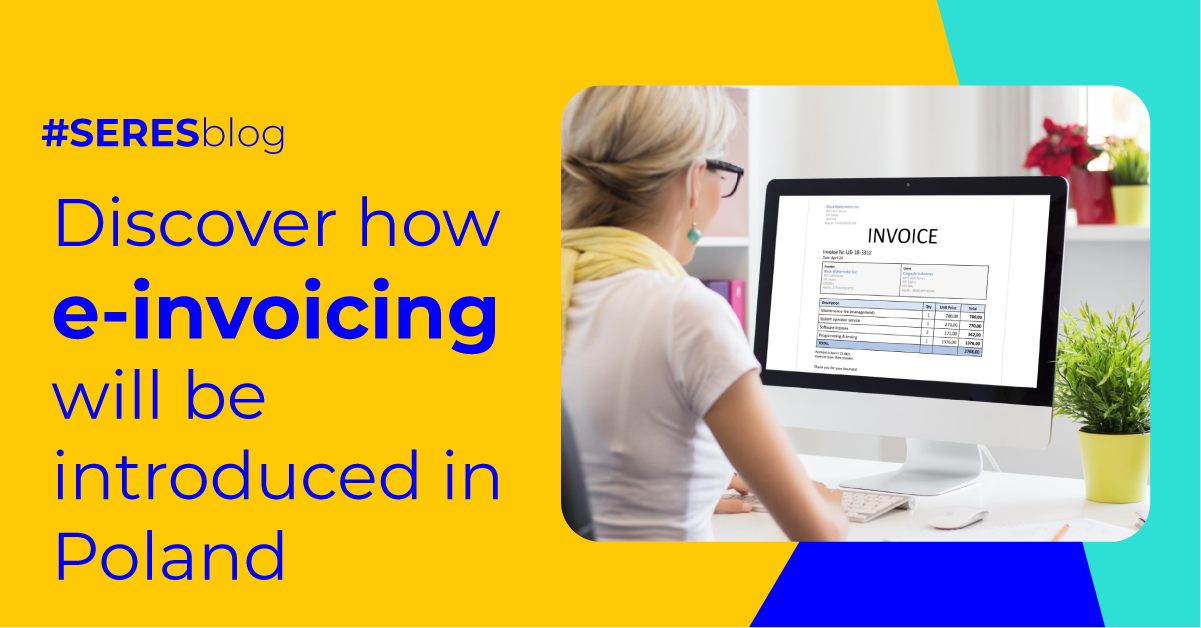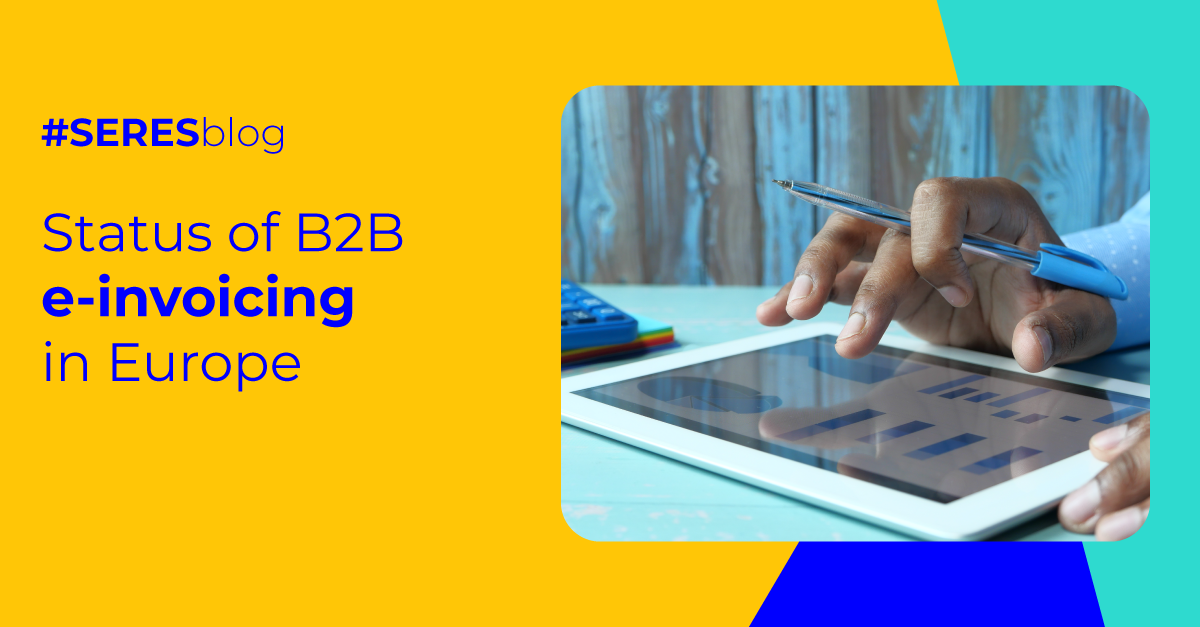The adoption of B2G and B2B e-invoicing in Slovakia is still underway
On 14 January 2026, the Slovak Financial Administration published Guide No. 1/DPH/2026/I. This guide explains some big changes to the VAT Act, which will start on 1 July 2027. Another phase of changes is planned for 1 July 2030.
The changes affect the content of electronic invoices and the deadlines and scope of tax reporting. They also include new obligations for foreign suppliers operating in the country.
What's new in B2B electronic invoicing in Slovakia?
The Slovak government disseminated preliminary information regarding the draft law amending the Value Added Tax (VAT) Act (222/2004) at the conclusion of December 2024. The impending legislation is poised to institute electronic invoicing and digital reporting, effective from 2027.
A public consultation is to be held, with a deadline of January 31, 2025, to discuss the draft law. The consultation document states that the draft law will amend the current VAT Law, thereby introducing electronic invoicing for all taxpayers.
Beginning in January 2027, Slovak companies will be obligated to issue and receive invoices in a structured electronic format, with all e-invoicing data to be communicated to the authorities in real time. Another objective is to align digital reporting requirements with the first pillar of VAT in the digital age, which is scheduled to commence on July 1, 2030.
What is the current status of B2B e-invoicing in Slovakia?
E-invoicing in Slovakia has been a reality since the introduction of draft Act No. 215/2019 Coll on secured e-invoicing and the central economic system, which transposes Directive 2014/55/EU of the European Parliament and of the Council. This was introduced in Parliament in April 2019.
Since January 2022, the use of e-invoicing through IS EFA has been mandatory for select B2G transactions exceeding €5,000.
B2G e-invoicing in Slovakia will have three phases:
- Phase I. Contracting entities must receive e-invoices and can send e-invoices to suppliers.
- Phase II. E-invoices must be received by public authorities and public procuring entities. Once Stage II is complete, e-invoicing will be used in public procurement.
- Phase III. All contracting authorities, contracting entities and their suppliers must receive and send e-invoices. These will be automatically processed and communicated between systems.
In an effort to expedite the process, the government has been contemplating the concurrent initiation of all three stages by the conclusion of 2024. However, there is still no official confirmation that all three phases have been completed.
Electronic invoicing in Slovakia
The objective of the Act is to mandate the issuance and acceptance of electronic invoices and to establish a novel information system within the domain of public procurement. In order to avoid confusion with the term 'e-invoice' as defined in the Value Added Tax Act, the Act refers to e-invoicing as 'secured e-invoicing'.
The legislation pertaining to secured e-invoicing and the central economic system came into force on 1 August 2019. Article 3 of this legislation delineates the scope of entities that are required to issue and receive e-invoices:
- Contractors and subcontractors in organisations with budgets.
- Contractors and subcontractors in concession contracts.
They have to accept electronic invoices:
- Customers of state-funded organisations must accept electronic invoices.
- Purchasers of services from contracting authorities or entities must also accept e-invoices.
- Any person acting as a contracting authority must accept e-invoices.
In February 2021, the Slovak Ministry of finance proposed a new law to send invoice data to the Financial Administration in real time. This will become mandatory for all commercial transactions (including B2B) according to the IS EFA platform.
Tax reporting in Slovakia and the eKasa project
Slovakia has introduced a single rate system for personal and corporate taxes. They have also made personal income tax simpler and less progressive by reducing the number of brackets and rates.
eKasa is a system that sends data to the Slovak tax administration in real time. This is so that the seller can identify the buyer.
E-invoicing model in Slovakia
The main objective of the implementation of the centralised solution is to ensure the mandatory receipt and sending of e-invoices and to enable their automatic processing in accordance with the European e-invoicing standard.
The entities participating in the e-invoicing system will receive their profiles in the online invoicing system, which will also be linked to the existing official e-mail system (slovensko.sk).
In all cases, in order to issue secured e-invoices, it is planned to make available to taxpayers a system for e-invoicing with public administrations on their website. All data must be stored in the system for 5 years.
The IS EFA e-invoicing solution will provide support for public finance and cash flow management, budgeting and reporting in addition to its core functionality.
The Slovak Ministry of Finance (MoF) is moving ahead with the e-invoicing initiative, informačný systém elektronickej fakturácie. The proposed e-invoicing system would support both issuing and receiving e-invoices for domestic transactions and help foreign suppliers create structured invoices that can be sent by e-mail. The system would use UBL 2.1 along with an XML format and aims to reduce the compliance burden and increase transparency.
The Ministry of Finance also launched a new website containing information on the e-invoicing initiative, as well as a demonstration system that is open to all to test and improve before its live implementation.



